Do you ever wonder if you can get drunk from vanilla extract? Well, the answer might surprise you.
In this article, we’ll explore the alcohol content of vanilla extract and the effects it can have on your body. We’ll also discuss the risks and side effects of consuming vanilla extract and provide safe consumption guidelines.
So, if you’re looking for a unique twist on your vanilla-flavored experience, keep reading to learn more!
Here’s the Reason Why You Can Get Drunk From Vanilla Extract
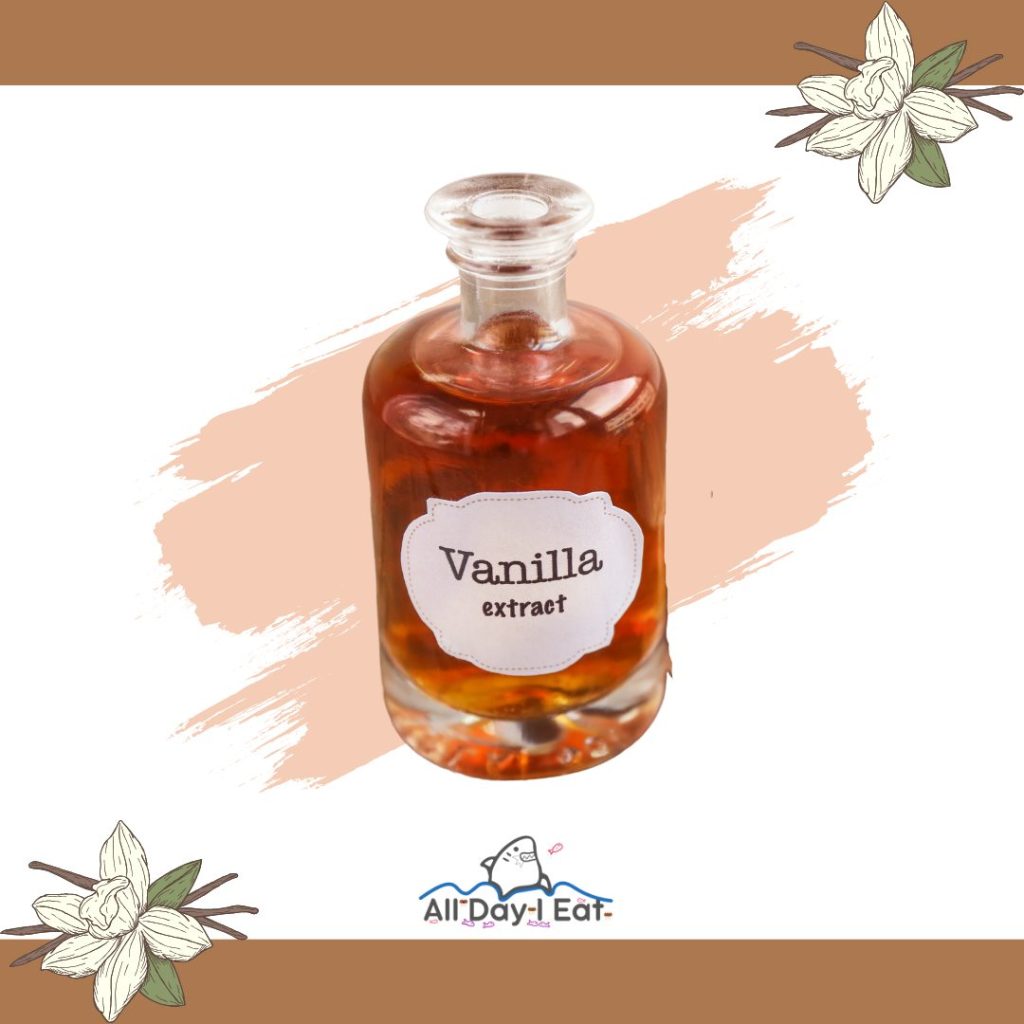
You can determine the alcohol content of vanilla extract by reading the label on the bottle. This is crucial information for those who desire innovation in their culinary creations.
Vanilla extract is made by soaking vanilla beans in alcohol, typically vodka or bourbon, which extracts the flavor compounds from the beans. The alcohol acts as a solvent, extracting the flavors and aromas of the vanilla.
The label will indicate the percentage of alcohol in the extract, usually ranging from 35% to 40%. This knowledge is important for innovative cooks who want to create unique and flavorful dishes. By understanding the alcohol content, you can better control the flavors in your recipes and ensure that your creations stand out with a delightful vanilla taste.
Effects of Consuming Vanilla Extract
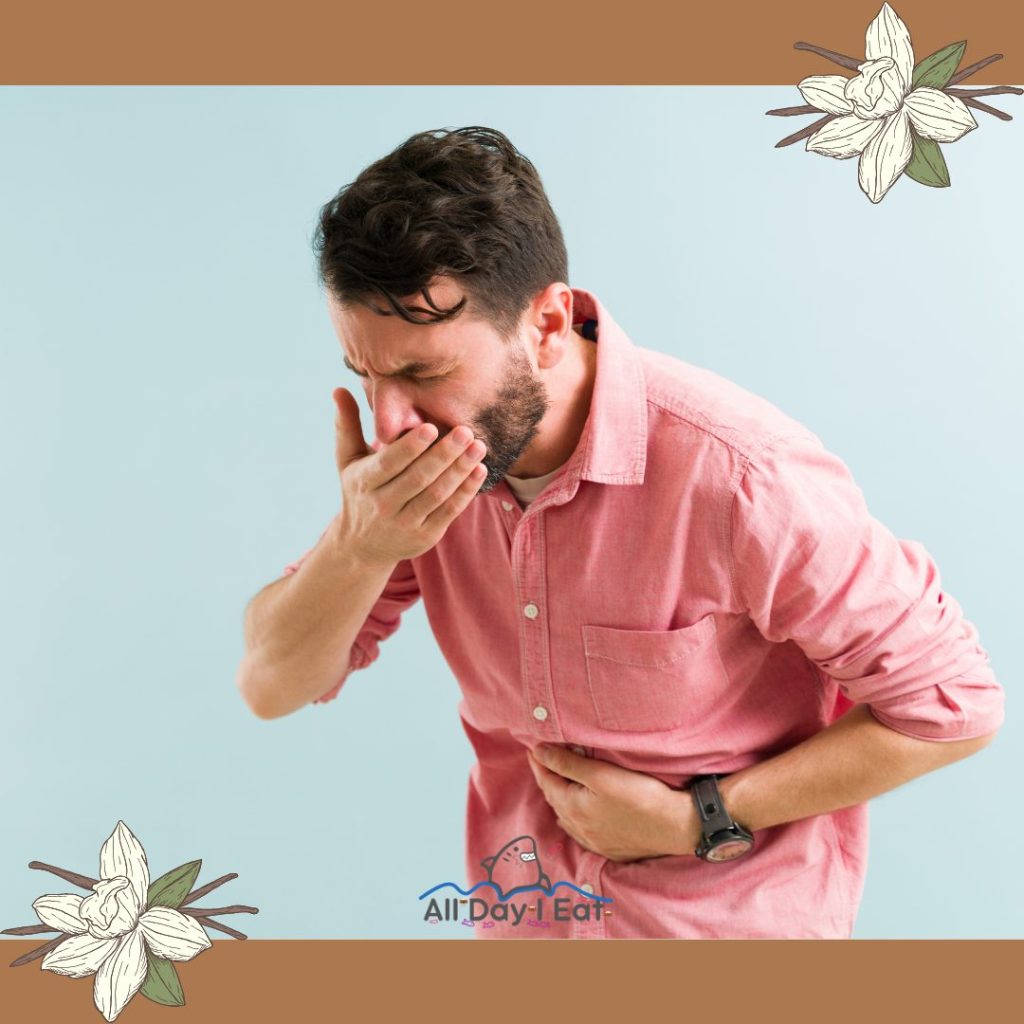
If consumed in excessive amounts, vanilla extract can have adverse effects on your body. While it may not cause intoxication like alcoholic beverages, it still contains significant alcohol.
Vanilla extract has an alcohol content as high as 35% ABV. This is as strong as hard liquors like vodka or bourbon. So, yes, technically, you could get drunk on vanilla extract. But, it’s important to remember that the high alcohol level also means a high risk of alcohol poisoning. Plus, vanilla extract has a very strong flavor that isn’t pleasant to drink in large amounts. So, while it’s possible to get drunk on vanilla extract, it’s neither safe nor practical.
Additionally, the high alcohol content in vanilla extract can cause damage to your liver and other organs over time. It’s important to remember that vanilla extract should be used in moderation and for its intended purpose in cooking and baking.
If you are concerned about the effects of consuming vanilla extract, it’s always best to consult a healthcare professional.
Risks and Side Effects of Vanilla Extract
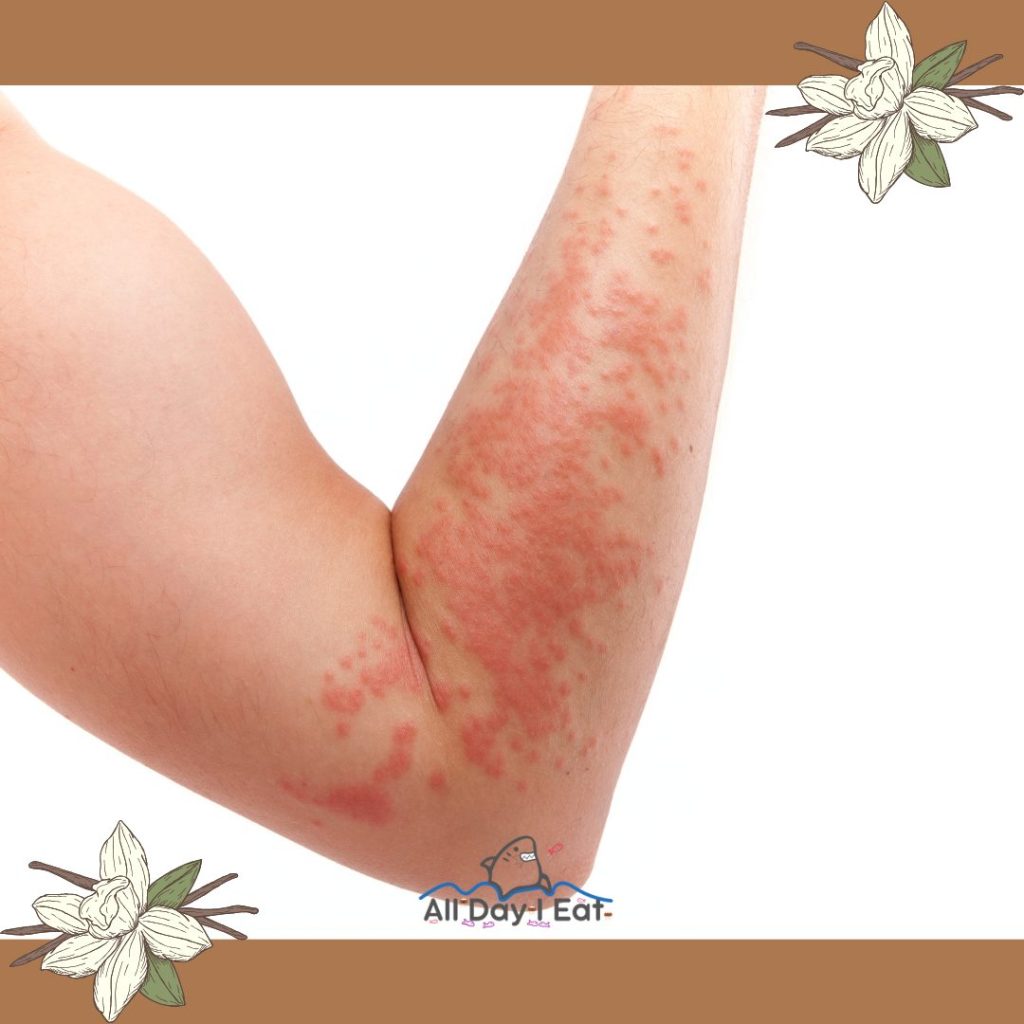
What are the potential risks and side effects of consuming vanilla extract?
While vanilla extract is generally safe for consumption in small amounts, there are some potential risks and side effects to be aware of.
Firstly, consuming large quantities of vanilla extract can lead to alcohol poisoning, as it contains a high alcohol content. This can result in dizziness, confusion, and even loss of consciousness.
Additionally, vanilla extract may cause an allergic reaction in some individuals, with symptoms ranging from mild itching and hives to more severe reactions like difficulty breathing or swelling of the face, lips, or throat.
It’s also important to note that vanilla extract contains small amounts of coumarin, a compound that can be toxic to the liver in high doses.
Therefore, you must consume vanilla extract in moderation and consult a healthcare professional if any adverse reactions occur.
Safe Consumption Guidelines for Vanilla Extract
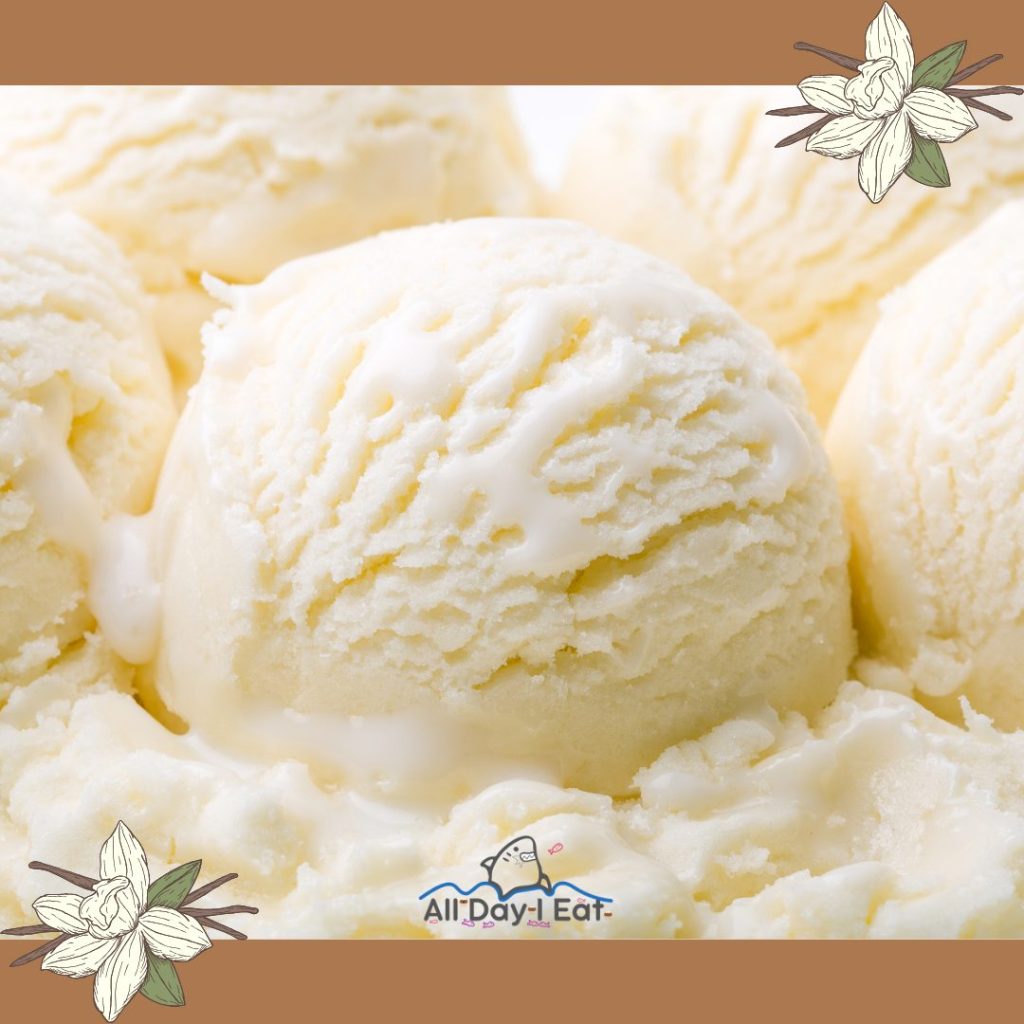
Consuming vanilla extract in small amounts and in moderation is recommended to ensure your safety. While vanilla extract is generally safe for consumption, it contains a high alcohol content, which can have harmful effects if consumed in excess.
It’s important to remember that vanilla extract is primarily used as a flavoring agent in baking and cooking rather than for consumption on its own. When using vanilla extract in recipes, follow the recommended measurements and avoid consuming it directly from the bottle.
If you’re looking for innovative ways to incorporate vanilla flavor into your drinks or desserts, consider alternative options such as vanilla-flavored syrups or extracts specifically designed for consumption.
Alternatives to Vanilla Extract for Flavoring
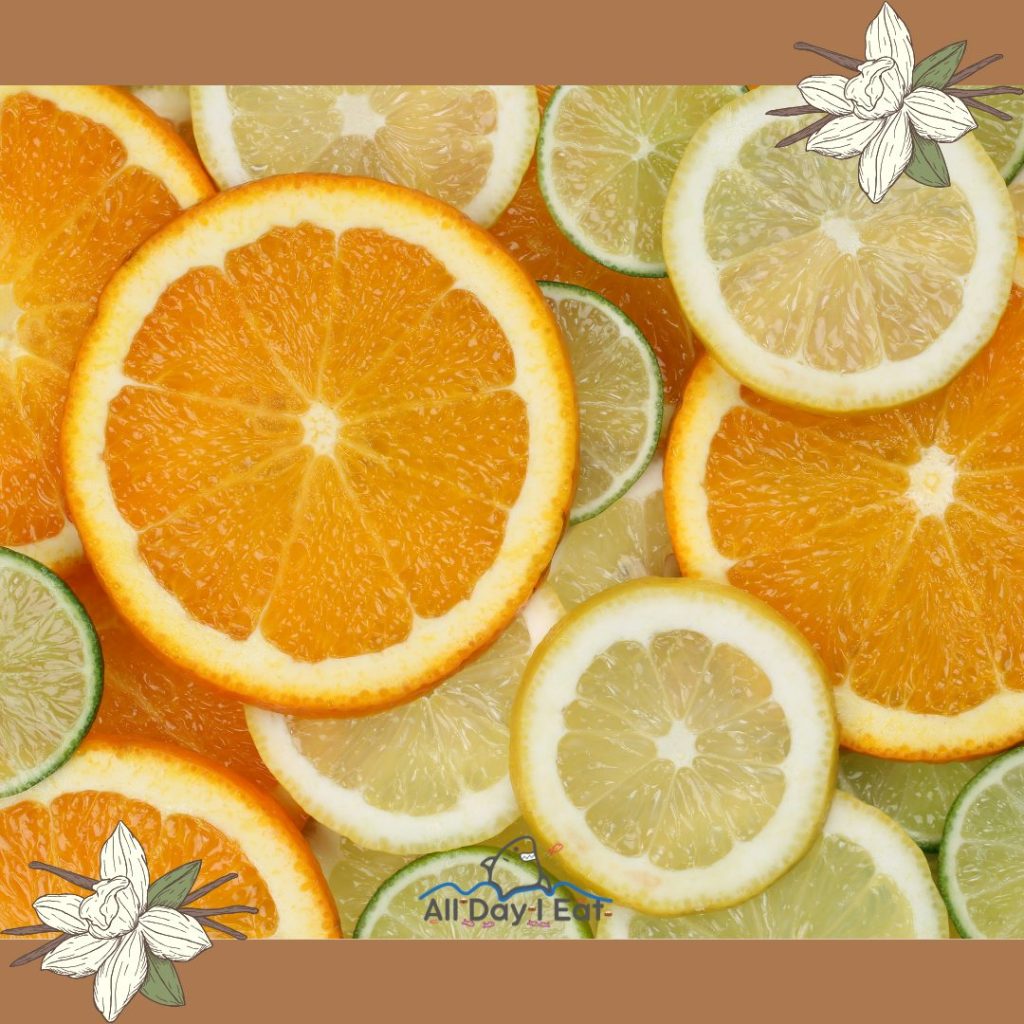
Consider trying a couple of alternative options to vanilla extract for flavoring your recipes. To add a unique twist to your dishes, why not experiment with different extracts like almond or citrus?
Almond extract can bring a nutty and sweet flavor to your baked goods, while citrus extracts such as lemon or orange can provide a refreshing and tangy taste. Another interesting option is using spices like cinnamon or nutmeg to enhance the flavor of your recipes.
These spices can add warmth and depth to your desserts or even savory dishes. For a more adventurous touch, you could also try using floral extracts like lavender or rosewater, which can lend an exotic and aromatic note to your creations.
Don’t be afraid to explore new flavors and get creative in the kitchen!


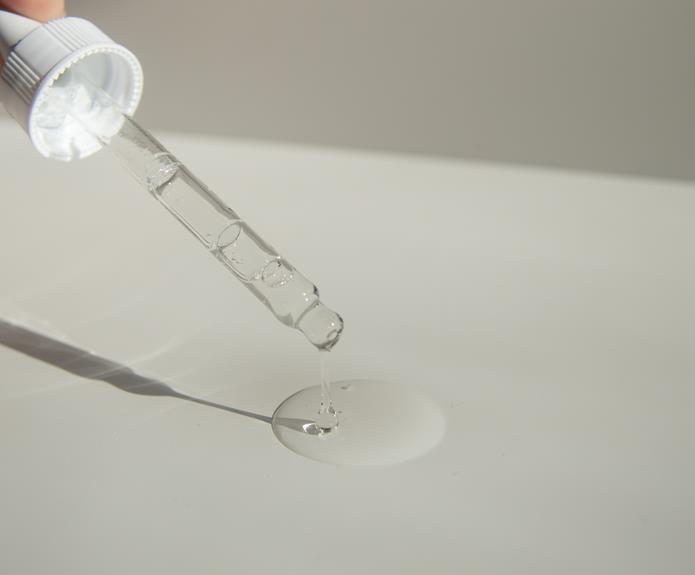


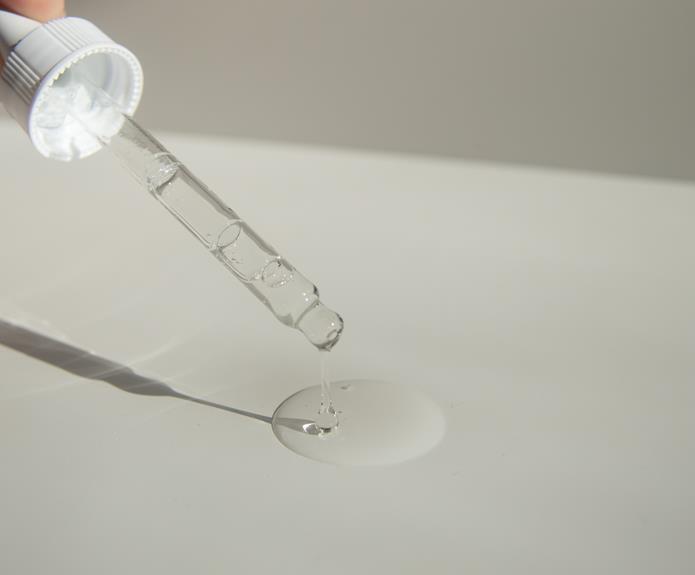
Konnichiwa! (Hello!) I'm Pat Tokuyama, a Japanese tofu cookbook author, who travels for music, food, and adventure. If you like Japanese tea, checkout some of the newestorganic japanese tea, matcha bowls and noren and more!
** Curious about the Plant Based Japanese Cooking Club? ** Learn more here!